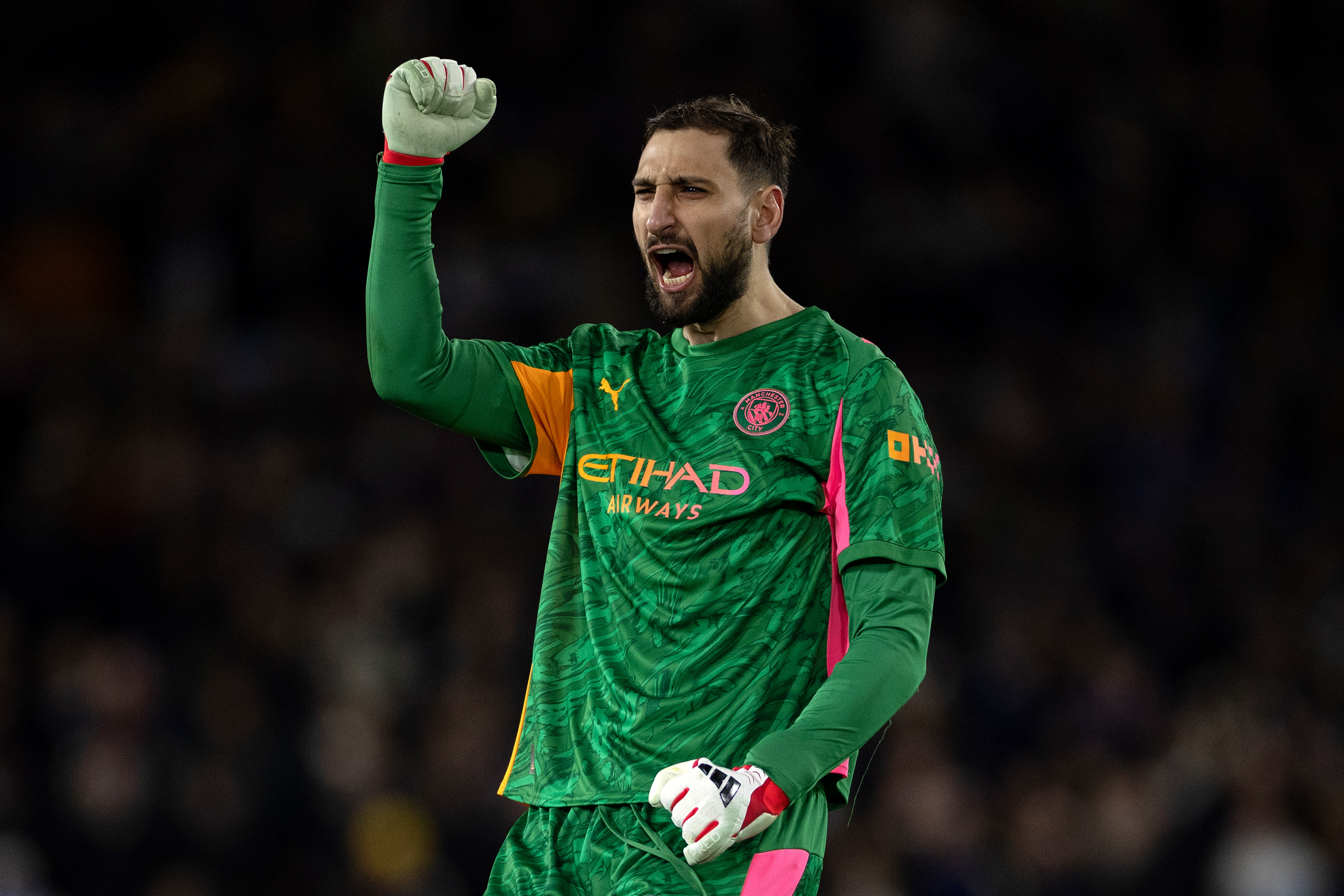Richard Masters says Premier League must stay close to science

The best features, fun and footballing quizzes, straight to your inbox every week.
You are now subscribed
Your newsletter sign-up was successful
Want to add more newsletters?
Join the club
Get full access to premium articles, exclusive features and a growing list of member rewards.
The Premier League must “stay close” to emerging data of a possible heightened risk among black and other ethnic minority individuals who contract coronavirus, its chief executive Richard Masters said.
The Office of National Statistics reported last week that black males in England and Wales were almost twice as likely to die from the virus compared to white males, even after taking account of factors such as health, disability, household composition and area deprivation.
Concerns have already been raised on this subject by Leyton Orient coach Jobi McAnuff and Masters is aware of the need to keep a careful eye on what the data shows considering the high proportion of non-white players in the league.
He said: ”It is an emerging science and we have to stay close to that.
“All I would say is that obviously we are trying to create a safe environment where fit young men from whatever background they come from, the science seems to suggest they would be safe, particularly in the environment that we are creating for them.
“But in regards to that science, we have to stay close to it and we have to recognise it and follow it.

Masters said the idea of squads placing themselves in isolation once action resumes had been discussed but “was not a favoured route” for the Premier League.
The best features, fun and footballing quizzes, straight to your inbox every week.
He said testing – provided by a sister company to the one conducting tests in the Bundesliga – had been secured, with a view to all staff being tested twice a week.
He added that any individual testing positive for Covid-19 during the first stage of returning to training, when all players must work in small groups and socially distance within those groups – “would be isolated for a period but there would be no need for the rest of the group to be”.
Masters stressed that would be different at later stages of the training phases, as more contact is built in, and would depend on the set of circumstances.
On the issue of contact training, he said there was a debate going on about how much was required.
“One thing is for sure: all clubs will have to be safe and secure in the knowledge that their players are going to be fit before a decision on going back on the pitch is taken, given that they have had such a long lay-off,” he said.
“We have talked about four weeks of training but haven’t agreed yet as we haven’t agreed to go back to training yet.”
Player representatives – in most cases club captains – and managers will be shown the protocols at a meeting later this week.
Asked what would become of Project Restart if they vetoed it, Masters said: “We are not anticipating it and obviously, what we are trying to do through all the discussions we’re having through the medical groups and with government with their medical advisors is create the safest possible environment for a return to training for players, for managers, for their coaches and the other staff that need to be involved.
“So we think we are going to be able to create that safe environment.”
 Join The Club
Join The Club










